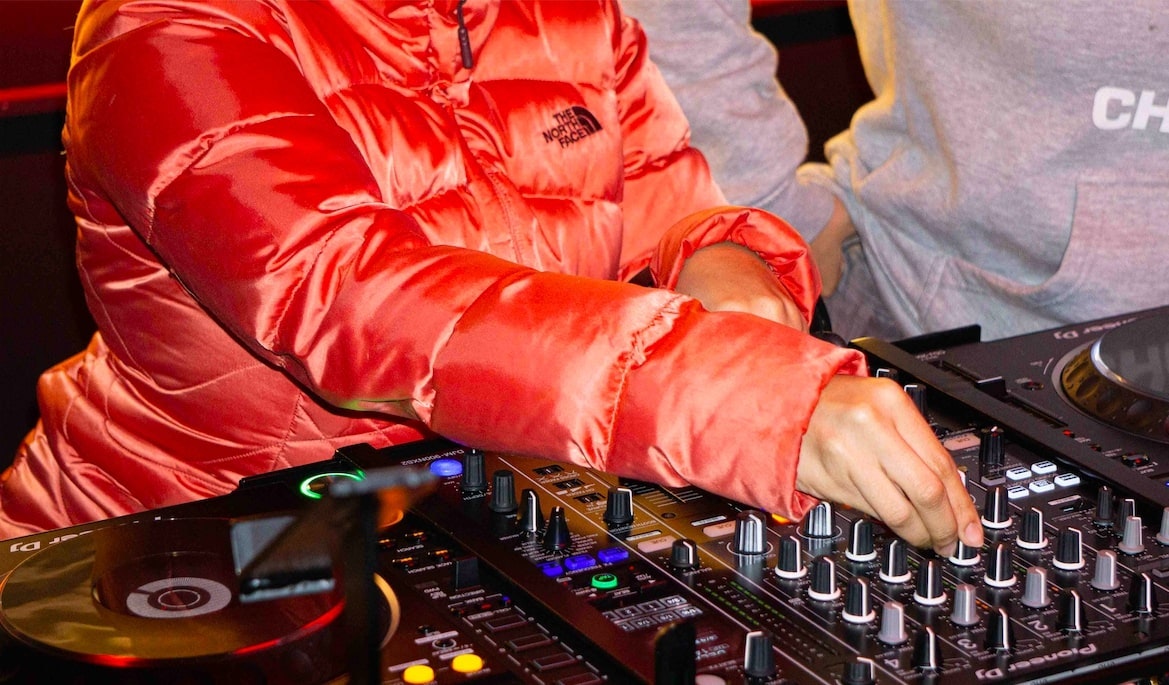
■ Features
With clubs back, Will Bradbury (Co-founder of London-based event series Cabin Fever) muses on what's changed in the past 18 months and why we need clubs now more than ever.
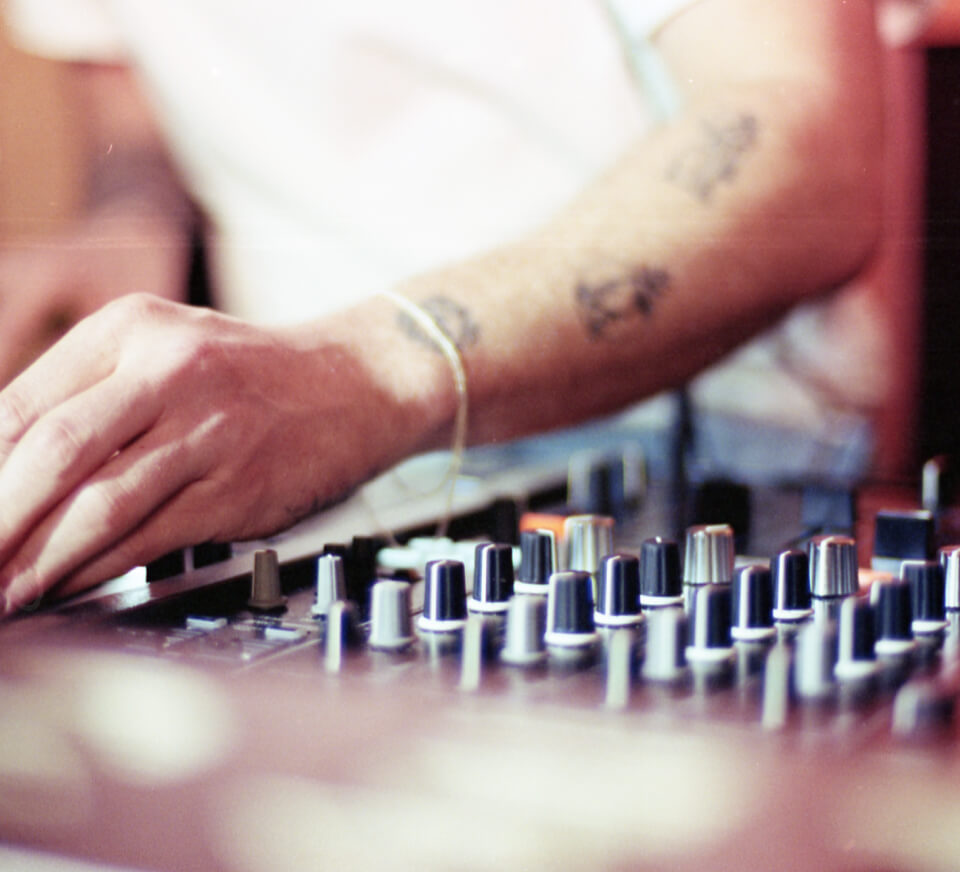
If you, like myself, have patiently waited in limbo since March last year to see the return of clubs, I suspect you’ve been back at it already too. I hope you’ve also been reminded that there is really nothing quite like it, pulsing to the same beat in a room full of friends and strangers.
Sure, I’ve tried to recreate it in my living room a couple of times, but it's not quite the same, is it?
As somebody who would go to gigs and clubs weekly, I've felt like a huge part of my life has been taken away. Not only that, but as somebody who runs club nights, me and my partner went from a sold out event at Corsica Studios, to having to take the difficult decision to pull a show at The Cause last minute, just before Boris announced a nationwide lockdown. We spent the months following the announcement constantly rescheduling shows with new venues, dates and conflicting artists’ schedules.
While of course, the importance of protecting lives has had to come first, my first taste of being back has reinforced the importance of club spaces to our community.
A lot has changed in the interim, the live music and night-time industry has been decimated, pulling a plug on many artists main source of income. The lack of financial support for smaller, more underground institutions has also been totally insufficient. Despite this, I have a feeling it will all come back stronger than ever as we all slowly adjust to the new (or old?) normal.
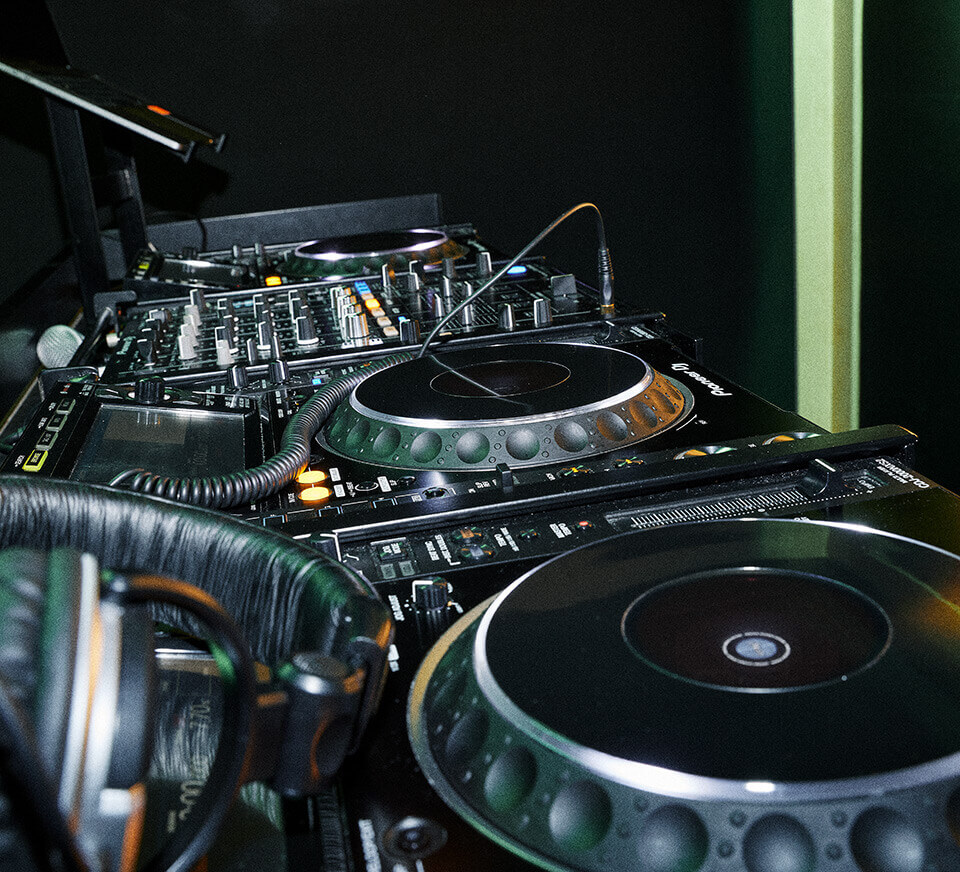
When the clock struck midnight on Monday the 19th of July, clubs welcomed punters back to their dance floors in celebration of restrictions lifting across the UK. Among them, was London’s foremost clubbing institution fabric (who recently introduced a no phones on the dancefloor policy), with a six-hour workout, 'A Journey To Planet 9'.
Unable to be there myself, I caught up with the two artists at the top of the bill. Holding Hands boss Desert Sound Colony and UK electro legend Radioactive Man gave me a good idea of what I’d missed.
The joy to be back doing what they love was clear in both cases:
"The vibe was actually really dynamite. It was certainly emotional and quite cathartic. It was such a relief to have that live connection with the fans again" - Desert Sound Colony
"I think everyone involved was elated, the vibe was electric and it was truly amazing to see people out dancing again." - Radioactive Man
Radioactive Man (who was called up last minute as a stand-in for Sweely) told me he had even brought his old 303 out for the first time ever for a live set "and it didn't disappoint".
That weekend, even if you weren’t lucky enough to be playing, there was still plenty to get excited about. Jamie (aka Djames Djoyce) told me ahead of Rupture on the Saturday:
"There was a lot of nervous energy. Lots of us had massive, slightly unhinged grins on our faces - I reckon just from the thrill of being in a crowd, hearing loud noises again."
I'd argue that some of the nerves Jamie mentioned were not just the usual pre-night tummy-wobbles, but a sense of confusion and apprehension towards the robustness of the government’s new rules. As Radioactive Man pointed out to me, they haven’t "exactly got things right in this pandemic".
However, the camaraderie amongst clubs and the dance music community in attempt to make up for the lack of clarity has been admirable. Multiple threads on promoter forums emerged discussing the safest course of action for admissions and virtually every club is urging punters to ‘test, test, test’.
I spent the Friday at Venue MOT, a monster lineup in collab with Chrome and COTCH that featured standout sets from Debonair, OK Williams and Kit Seymour.
On Sunday I put in another shift and went to catch Yushh’s sublime set on another huge lineup (TSVI, Adam Pits and more) for Bradley Zero’s Rhythm Section party - a two-dayer rescheduled into one big party at E1. Boy did it feel nice to feel that sub smack me around again.
There's a lot more to come of course. Don’t miss Desert Sound Colony's Holding Hands night at Corsica on November 13th, of which he had this to say:
"That will be a proper dream come true to do a label takeover there. I'm playing b2b with Jossy Mitsu and it's gonna be absolutely rockin’."
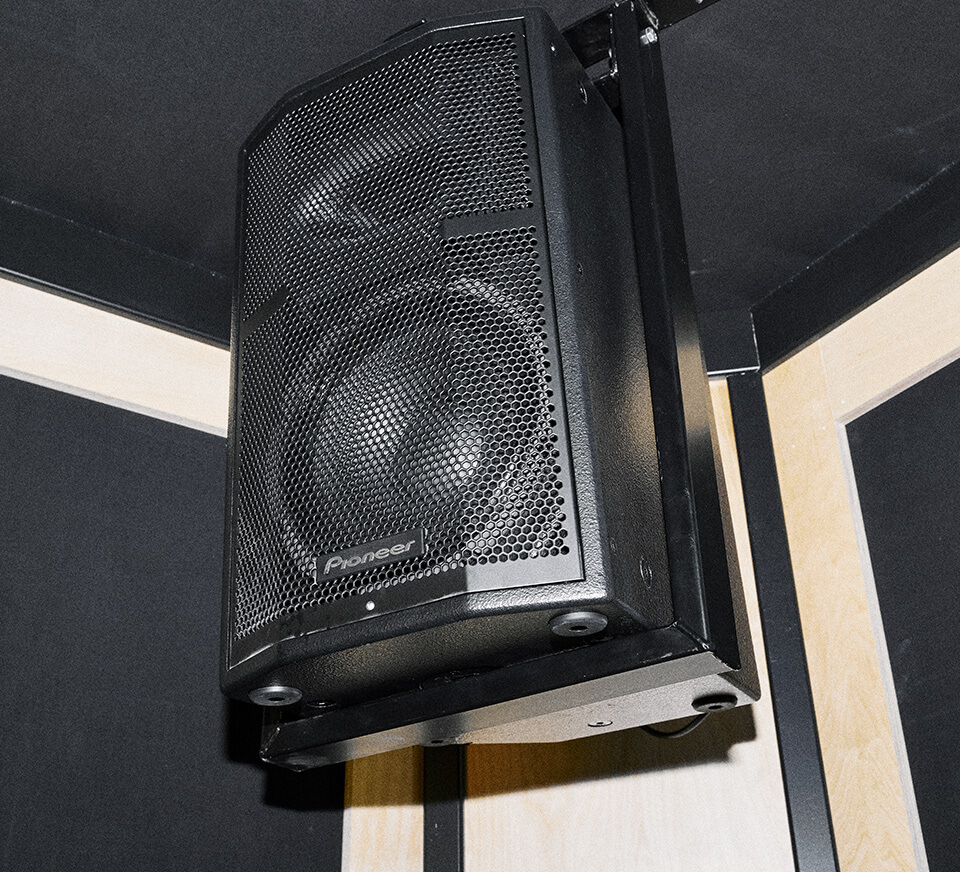
Another thing Desert Sound Colony raised was that many people out on opening weekend may have been experiencing their first ever club night:
"It was definitely a young crowd, I assume a lot of them had either never been in in a club or barely at all. They were over the moon with enthusiasm and it was a real joy to play to them."
I wouldn't recommend trying to make up for many lost months of clubbing too quickly, though I do suspect young people in particular will be in hyperdrive for some time. After all, the lockdown has arguably been toughest on teenagers coming of age during the pandemic. Even if it manifests as an awkward punk-phase, you're ultimately on a mission to find your people at that age. For many, this is also when a serious and life-long attachment to a certain field or genre of music forms.
Another reason to relish the return of clubs is that our culture hasn’t translated well to the digital sphere. At the end of the day, dance music is functional - quite literally designed to make you wiggle about. So it comes as no surprise to me that many people I have spoken to have expressed just how little a livestream/online club night does for them in comparison to the real deal.
However, one big positive to this new digital environment is the engagement with political issues online. Take a look at Darwin’s study of the climate impact and carbon footprint of touring DJs reported in Last Night a DJ Took a Flight, or the formation of Black Artist Database founded by NIKS who plays for Cabin Fever this October. And of course, there was Bandcamp waiving their revenue share each month in support of artists. Many labels went a step further, using these days to drop charity compilations with proceeds going to various causes ranging from anti-fascism to homelessness to mental health charities.
The pandemic has made clear that music is not meant to be enjoyed in isolation, but outside the home, in the public sphere. Gigs and club nights give us something to look forward to and are often escapist in nature; offering an outlet to release stress by giving us an opportunity to momentarily forget about the ‘real’ world. And that’s just your average punter. For artists and performers, it can be their entire livelihood.
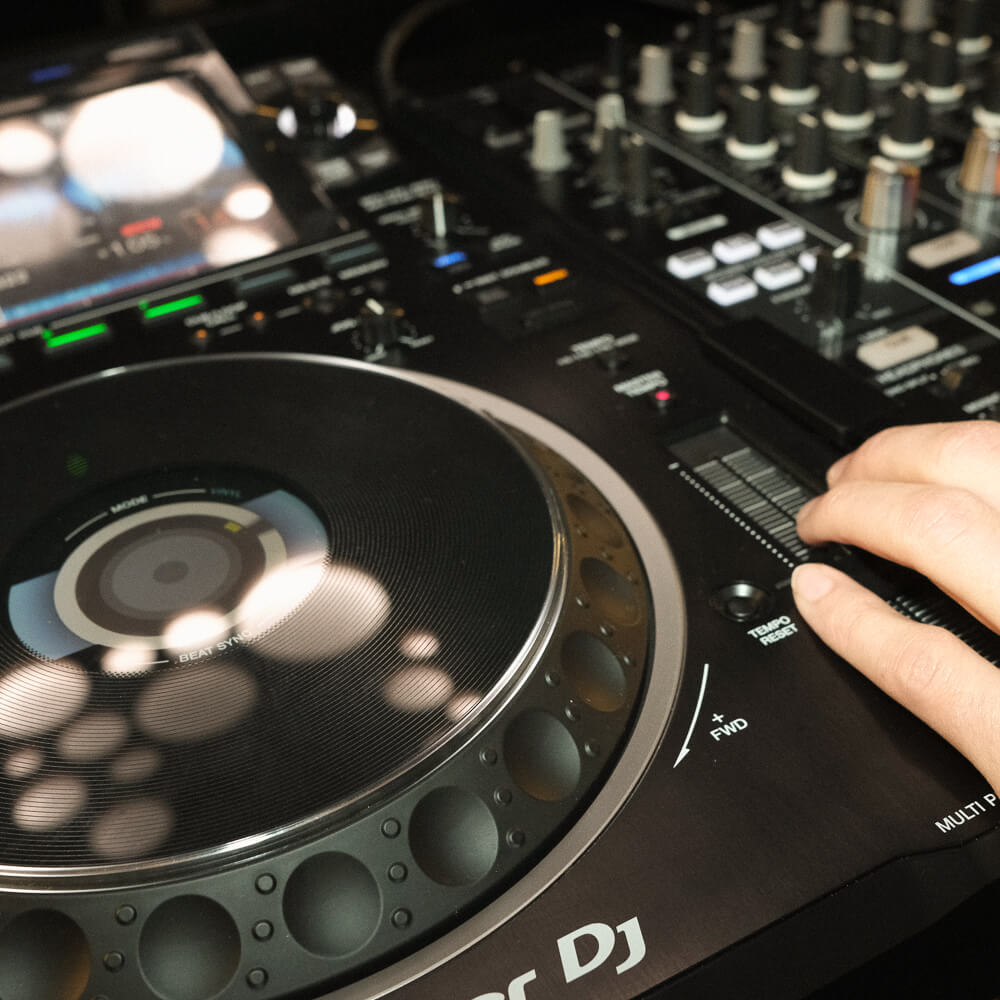
Often one of the driving forces behind grassroots movements in dance music culture is the idea of creating a better existence than the current one. We now have an opportunity to set a real community-driven precedent to tackle political issues that have come to the fore during the pandemic.
A lot of this is already being seen - promoters pledging to make more efforts to diversify lineups, touring DJs wanting to play more locally-oriented gigs or opting to take a train instead of a flight where possible. Indeed, clubs play an important role as social spaces in precipitating positive social change. The lockdown has been a period of ferment and now we will see the results.
The purpose of music has always been a unifying one, to be experienced alongside one another. Ricardo Villalobos famously emphasised the dancefloor as a space of communal living when he claimed:
"Music manages to meld the classes together, as long as the dancefloor is bigger than the VIP area."
In an increasingly divided world, this is why we need clubs now more than ever. It's through such experiences that we make sense of our lives and come to accept our differences. No matter how many worlds apart some of our lives may be, our paths often converge for an evening. The only reason for this? A shared love of music.
See you on the dancefloor.
You can read more by Will Bradbury on the Pirate Blog here.
For more music industry tips, tricks and advice, or to access up-to-date music industry news, head to the Pirate.com Blog.
To hone your skills as a podcaster, band, producer or DJ, book a Pirate.com studio in the UK, US or Germany.
